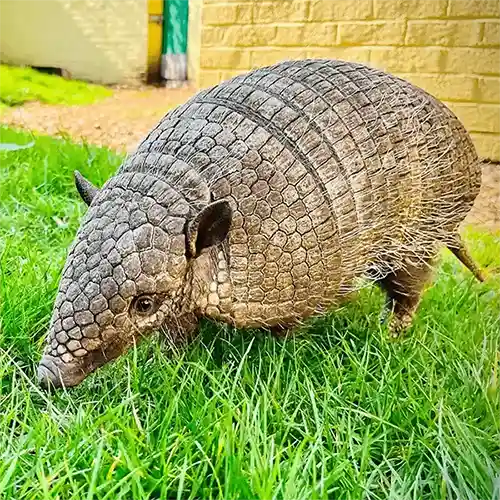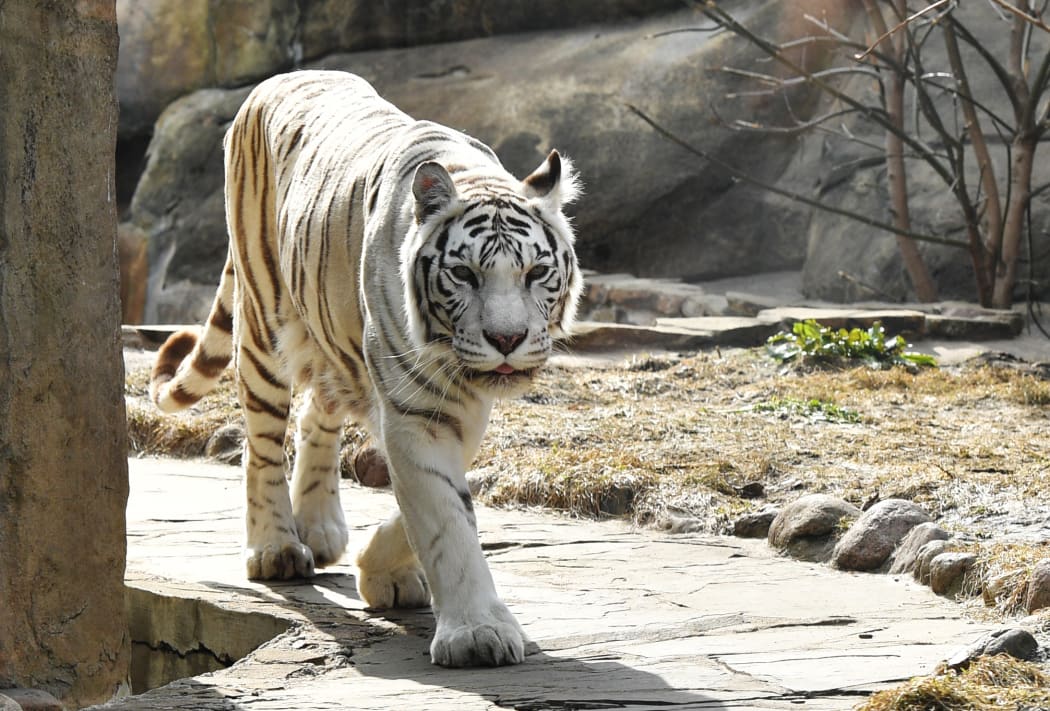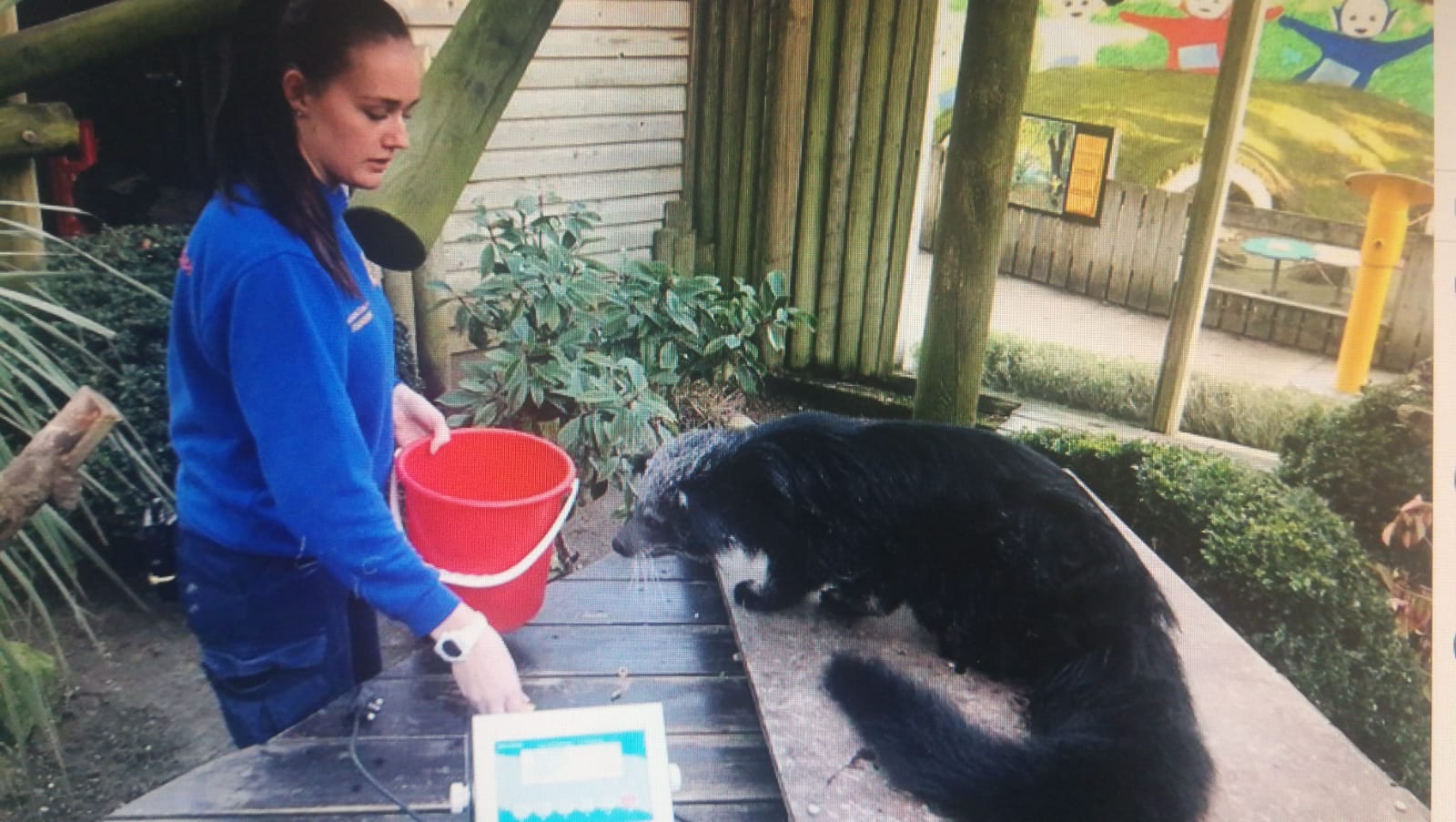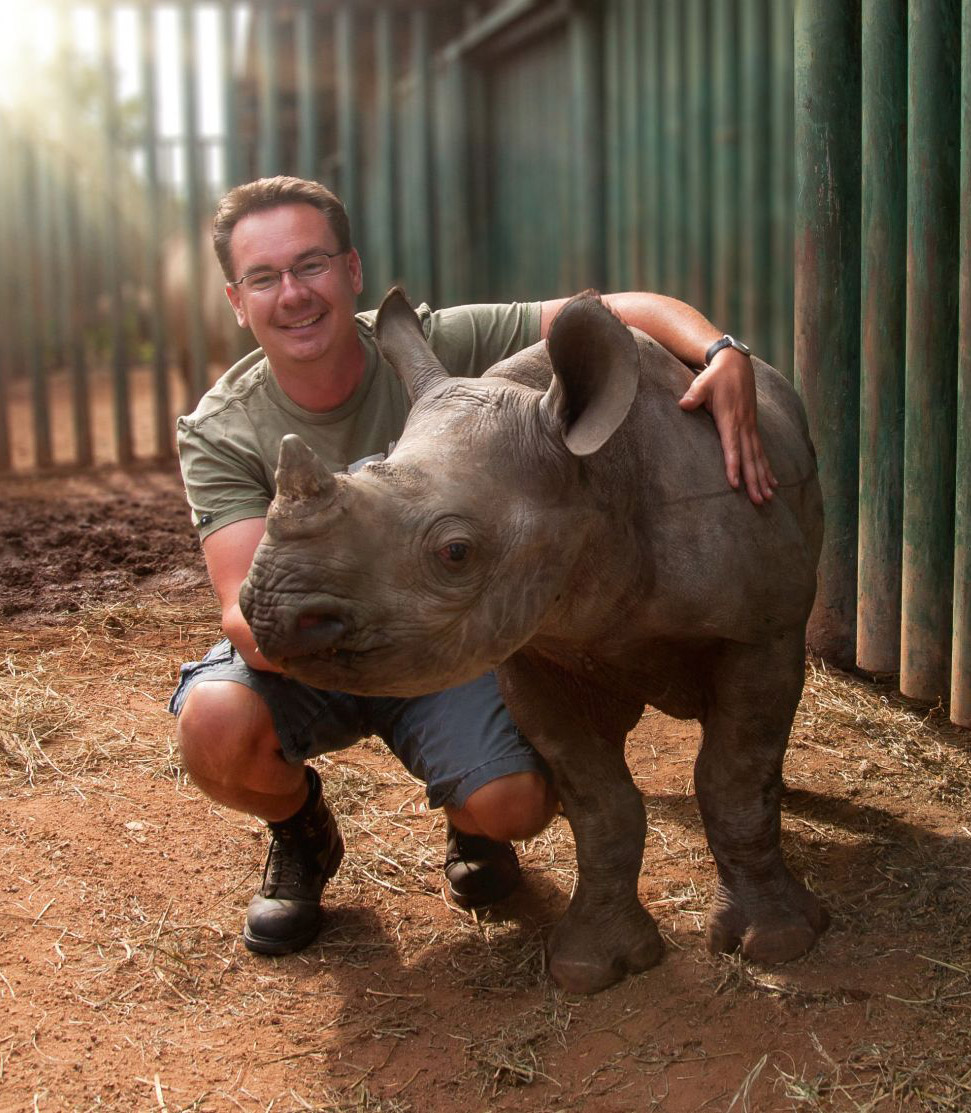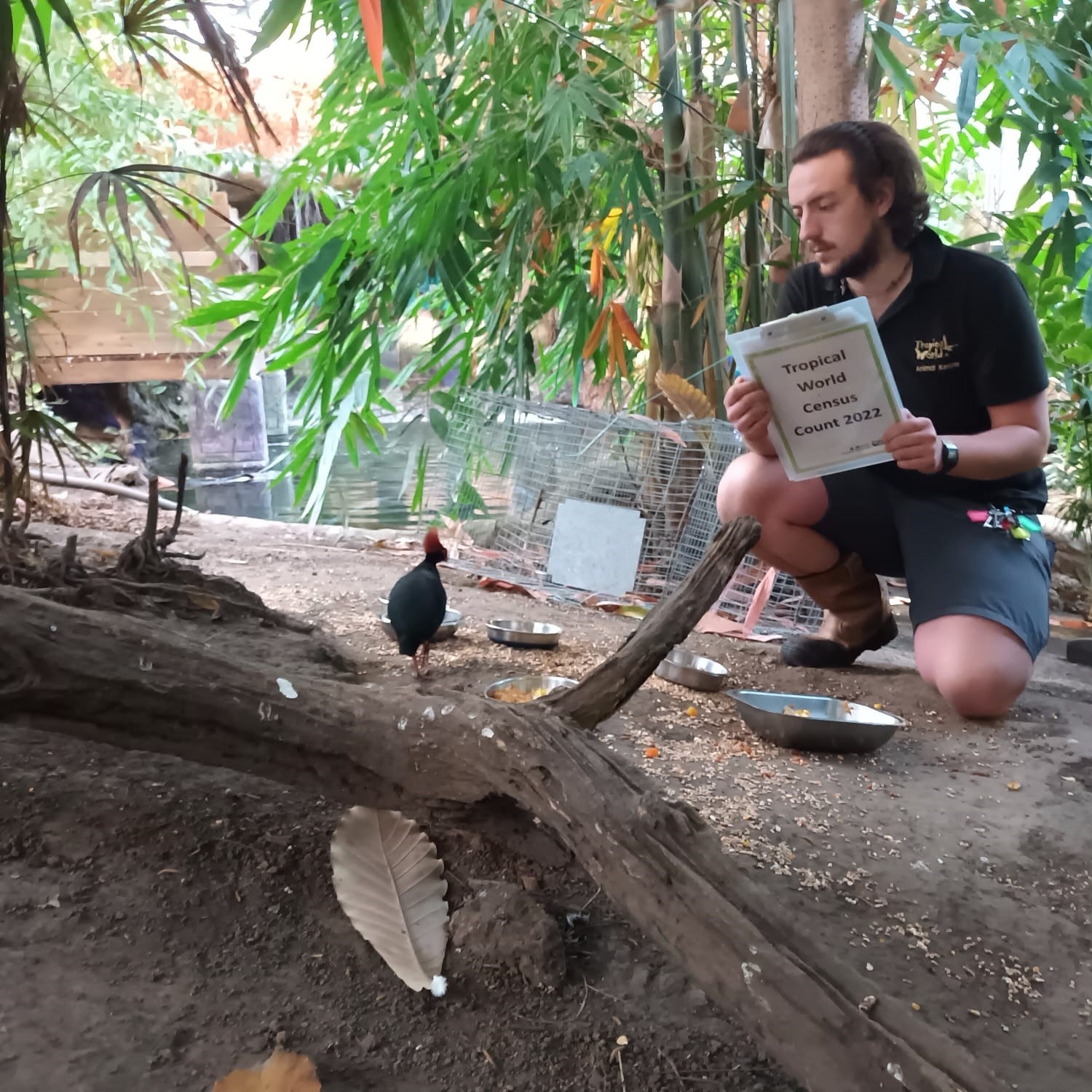
Biaza
اضافة الى المراجعة تابعملخص
-
تاريخ التأسيس 27 أبريل، 1964
-
المجالات الوظيفية وظائف القطاع العسكري
-
الوظائف المنشورة 0
-
شاهد 61
وصف الشركة
How To Become A Zoo Keeper?
“The success of a country and its ethical progress can be judged by the way its animals are treated.” – Mahatma Gandhi
Do you like animals and dream of operating in a zoo? Zoo keepers are type in protecting wildlife and caring for animals. At places like the Zoological Society of London (ZSL), over 20,000 animals get the care they need from specialists.
To become a zoo keeper, you require effort, education, and a love for animals. This task is amazing, letting you deal with lots of species and help with important conservation work. If you’re into wildlife or animal welfare, zookeeper zookeeping might be best for you.
Beginning your zoo keeper profession means discovering what’s needed. This guide will cover education, experience, and more. It’s all you require to know to begin a fulfilling zookeeping career.
Understanding the Role of a Zookeeper
Exploring what a zookeeper does reveals a function full of challenges and benefits. They concentrate on animal welfare and preservation. Zookeepers strive to keep animals healthy and pleased in their care.
Daily Responsibilities and Tasks
A zookeeper‘s day is filled with essential jobs:
- Preparing meals that fulfill each animal’s dietary requirements
- Cleaning enclosures to keep them tidy and safe
- Supervising animal health and behaviour
- Giving medications and treatments as needed
- Creating activities to keep animals psychologically sharp
Working Environment and Conditions
Zookeepers work outside in all type of weather condition. They handle both indoor and outdoor spaces. The job needs being fit and able to handle the demands of looking after animals.
“Being a zookeeper is more than a job – it’s an enthusiastic commitment to animal care and preservation.”
Types of Animals and Specialisations
Zookeepers can specialise in lots of animal groups:
- Primates
- Big cats
- Marine mammals
- Reptiles
- Birds
Your role might involve working with 2-5 various animal types. This needs a great deal of knowledge and the ability to adapt.
Necessary Skills and Personal Qualities for Zoo Keeping
To be a leading zookeeper, you need more than just a love for animals. Your task will be tough and need you to deal with animals and individuals well. You’ll likewise require to understand animal behaviour.
What zoos look for in people consists of:
- Exceptional perseverance and emotional strength
- Strong physical conditioning and stamina
- Eager observation abilities
- Capability to stay calm under pressure
- High level of compassion towards animals
Getting hands-on experience is crucial to mastering this role. You’ll require to show:
- Advanced understanding of animal care techniques
- Efficiency in animal handling and safety procedures
- Reliable communication with both animals and human visitors
“An excellent zookeeper connects science, compassion, and preservation in every interaction with animals.”
You need to understand about animal nutrition, behaviour, and standard veterinarian care. A lot of zookeepers learn through training, offering, and ongoing knowing.
Zookeeper work is not just a task. It’s a huge commitment to teaching about wildlife and helping preservation. Your enthusiasm and hard work will make you stick out in this satisfying career.
How to Become a Zoo Keeper
Beginning a career as a zookeeper requires mindful preparation and education. You need to initially comprehend the educational requirements and training courses. These will turn your love for animals into a task.
Educational Requirements
To be a terrific zookeeper, you require a strong academic base. Most tasks try to find certifications:
- At least 5 GCSEs at grade 4 or above, consisting of English, maths, and science
- A levels or college qualifications
- A college degree in biology or animal science
- Level 3 Diploma in Animal Management
Needed Certifications
Getting unique accreditations can actually assist you in your zookeeper career. Crucial ones include:
- Diploma in Management of Zoo and Aquarium Animals (DMZAA)
- Zookeeping Level 3 Diploma (RQF)
- Animal handling certificates
- First aid qualifications
Training Programs and Apprenticeships
Getting hands-on experience is key in zookeeper training. Numerous locations use excellent chances:
- Unpaid apprenticeships at wildlife parks
- Internship programmes at well-known zoos
- Practical training at locations like Colchester Zoo and Dartmoor Zoo
- Volunteering to get real-world abilities
Pro idea: Create a comprehensive portfolio to show your animal care abilities. It will help you in job applications.
Building Relevant Experience in Animal Care
Getting hands-on experience is essential for those wanting to be zookeepers. The task is really competitive. So, it’s important to start developing a strong base in animal care.
Your journey starts with finding ways to work directly with animals. This is a tactical step.
“Experience is the very best teacher in animal care” – Wildlife Conservation Experts
Here are effective methods to get experience working with animals:
- Volunteer at local animal shelters to establish fundamental animal managing abilities
- Seek internships at wildlife rehab centres
- Check out part-time positions at veterinary clinics
- Contact your local zoo for possible volunteer opportunities
Volunteering is an excellent method to discover animal behaviour and care. Many zoos and animal shelters are looking for people who want to find out. These places use great opportunities to get hands-on experience and show your commitment to animal welfare.
Here are some suggestions to take advantage of your experience:
- Keep a record of your abilities and interactions
- Get in touch with professionals in animal care
- Ask for referrals and letters of recommendation
- Stay relentless and reveal your true enthusiasm
Keep in mind, practical experience makes you stand out in the zookeeping world. Each time you deal with animals, you find out more. This increases your chances of getting a job in animal care.
Profession Pathways and Professional Development
Beginning a career as a zookeeper is exciting. It offers lots of chances to grow and specialise. Your journey begins with understanding the various paths in this field.
Entry-Level Positions
Entry-level tasks in zookeeping are a great start. They give you hands-on experience. Zoos try to find candidates with:
- Level 2 Diploma in Animal Care (minimum certification)
- GCSEs in English and a scientific subject
- Volunteer experience at animal shelters or farms
Career Progression Opportunities
As you get experience, your career can grow. You can go up to:
- Junior Keeper
- Senior Keeper
- Group Leader
- Specialist Roles
“Continuous learning and practical experience are essential to advancing in your zookeeping profession.”
Specialised Roles
You can likewise select unique locations like:
- Conservation breeding programmes
- Animal training
- Wildlife research
- Educational outreach
About 25% of zookeepers get advanced degrees in zoology or animal conservation. Getting Level 4 credentials can increase your possibilities for senior roles and research study.
Working Hours and Physical Demands
Becoming a zookeeper indicates you’ll work more than just routine hours. You’ll deal with hard physical challenges and need to be flexible, including weekends and holidays. Zoos are open every day, so you’ll frequently work when others relax.
“Zoo keeping is not a normal 9-to-5 task– it’s a lifestyle of devoted animal care and dedication.”
This job is physically demanding. You’ll work outside in any weather, lifting heavy products over 50 pounds. Your jobs may consist of:
- Early morning feeding schedules
- Cleaning animal enclosures
- Preparing specialised diet plans
- Performing medical examination
- Maintaining complicated environments
Shifts can begin as early as 5 AM and go late into the night. You’ll be on your feet most of the time, moving between animal zones. Weekends and holidays become part of the job, needing lots of endurance and devotion.
Regardless of the obstacles, this job has terrific benefits. You’ll grow strong, both physically and emotionally. You’ll likewise make remarkable connections with amazing animals.
Health and Safety Considerations
Being a zookeeper comes with its own set of challenges. It’s essential to understand how to keep both animals and personnel safe. This indicates following strict health and safety rules.
Zookeepers face an unique environment where security is essential. Studies show that health and safety are now as essential as the zoo’s main work.
Threat Management Strategies
There are a number of ways to manage threats in zoos:
- Daily checks of animal enclosures for zookeeper dangers
- Counting animals at the start and end of shifts
- Viewing how visitors act near animals
- Being ready for emergencies
Animal Handling Safety Protocols
Understanding which animals are most harmful is crucial. Huge animals like rhinos can be extremely risky. There have been cases where zookeepers got seriously harmed.
Safety isn’t just about using gear – it’s about knowing animal behaviour and staying alert.
Individual Protective Equipment
Zookeepers need to wear the right gear, including:
- Special gloves for handling animals
- Strong shoes for grip and safety
- Clothing that secures versus bacteria
Getting vaccinated versus diseases like liver disease B and rabies is likewise key. It assists keep zookeepers healthy in their tough job.
Income Expectations and Job Market
Considering a profession in zoo keeping? It’s crucial to learn about salaries and the job market. The field is growing, with more chances in the UK.
Let’s take a look at what zoo keepers can earn at different stages:
- Entry-level zookeepers start at about ₤ 14,000 a year
- Certified ones make between ₤ 16,000 and ₤ 22,000
- Senior zookeepers can make approximately ₤ 30,000 or zookeeper more
The task outlook for zoo keepers is good. The sector is expected to grow by 5% in the UK by 2029. This implies around 3,910 brand-new tasks will be available.
“The Association of Zoos and Aquariums supports professional development for zoo keepers,” a report says.
Wages vary based on numerous things:
- Experience level
- Specialisation
- Where you work
- The zoo’s size and type
While the pay might not be high, the pleasure of working with animals is valuable. The typical salary is around ₤ 17,000. But, total profits can be in between ₤ 13,000 and ₤ 27,000 a year.
Conclusion
Starting a career in animal care is an amazing journey. It requires devotion, passion, and a love for knowing. With over 350 zoos and wildlife locations in the UK, there are lots of job chances. You’ll get to work with remarkable animals and assist protect wildlife.
To be a zoo keeper, you need more than simply love for animals. You should have a mutual understanding of biology, be able to communicate well, and constantly want to learn more. You’ll gain hands-on experience, learn about animal welfare, and establish a deep regard for nature. About 3,000 people in the UK have found satisfying careers in this field.
Your success in zoo keeping comes from mixing science with a love for animals. Whether you’re interested in mammals, birds, or marine life, this task lets you help with preservation. Every day will bring brand-new challenges and discovering chances that will enhance your skills and knowledge.
If you like animals and want to help secure wildlife, zoo keeping might be for you. Take on the challenge, stay curious, and turn your enthusiasm for animals into a gratifying profession.
